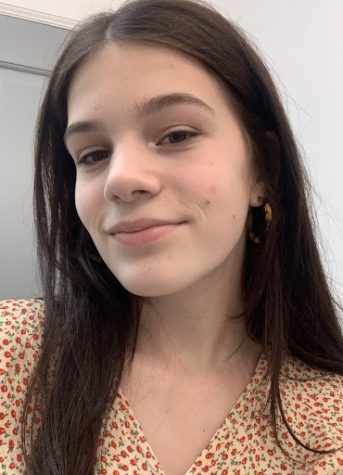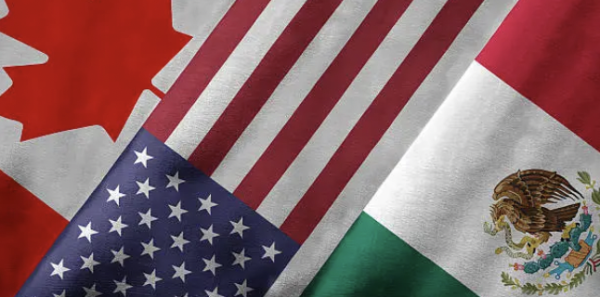Everything to Know About the Kyle Rittenhouse Trial
The first week of testimonies has ended in the trial of Kyle Rittenhouse, an 18-year-old involved in the Kenosha protests back in August 2020.
The Black Lives Matter protests were among the most memorable incidents of 2020. While the demonstrations brought awareness to racial injustices within our country, some protests also sparked occurrences of violence in major cities such as Minneapolis, Atlanta, Los Angeles, and elsewhere.
The Kenosha protests arose when police shot 29-year-old Jacob Blake, ultimately leaving him paralyzed from the waist down. The anticipated nights of unrest followed, with some rioters destroying city businesses and property.
On the third night of protests, 17-year-old Rittenhouse drove from Illinois to protect officers from the civil unrest. Armed with an AR-15 rifle, Rittenhouse murdered two protestors, Joseph Rosenbaum and Anthony Huber, and injured Gaige Grosskreutz.
Last week, the trial began with opening testimonies from both prosecutors and defense attorneys presenting conflicting stories about what happened in Kenosha last August. Prosecutors perceive Rittenhouse as an instigator, while the defense attorney claims his actions were in self-defense.
As the jury selection was in progress, Judge Bruce Schroeder made it clear that the jurors must not make the trial about politics and only formulate opinions based on what is heard in the courtroom.
Judge Schroeder said, “It was mentioned by both political campaigns and the presidential campaign last year, in some instances very, very imprudently.”
Rittenhouse has been charged with several felonies involving attempted first-degree volitional homicide, first-degree reckless homicide, first-degree intentional homicide, and two counts of first-degree “recklessly endangering safety.” He was also prosecuted for underage occupancy of a deadly weapon and failure to conform to emergency orders. As of now, he has pleaded not guilty to all charges.
Judge Schroeder has yet to deliver his final rulings on the case; however, he did come to conclusions with some of the findings in the case, which are to be deliberated on Saturday. Addressing Rittenhouse without the jury present, Schroeder told him, “you’re raising the risk of conviction, although you’re avoiding the possibility that the jury will end up compromising on the more serious crime. And you’re also decreasing the risk that you’ll end up with a second trial because the jury is unable to agree.”
The prosecutor’s arguments lasted nearly a week, with the state arguing that Rittenhouse incited unnecessary violence. The final closing arguments on Monday will end in a draw of twelve jurors to deliberate the case.

Hi! My name is Preslee Adams, and this is my second year in journalism. I am filled with excitement for this upcoming school year and cannot wait to grow...







